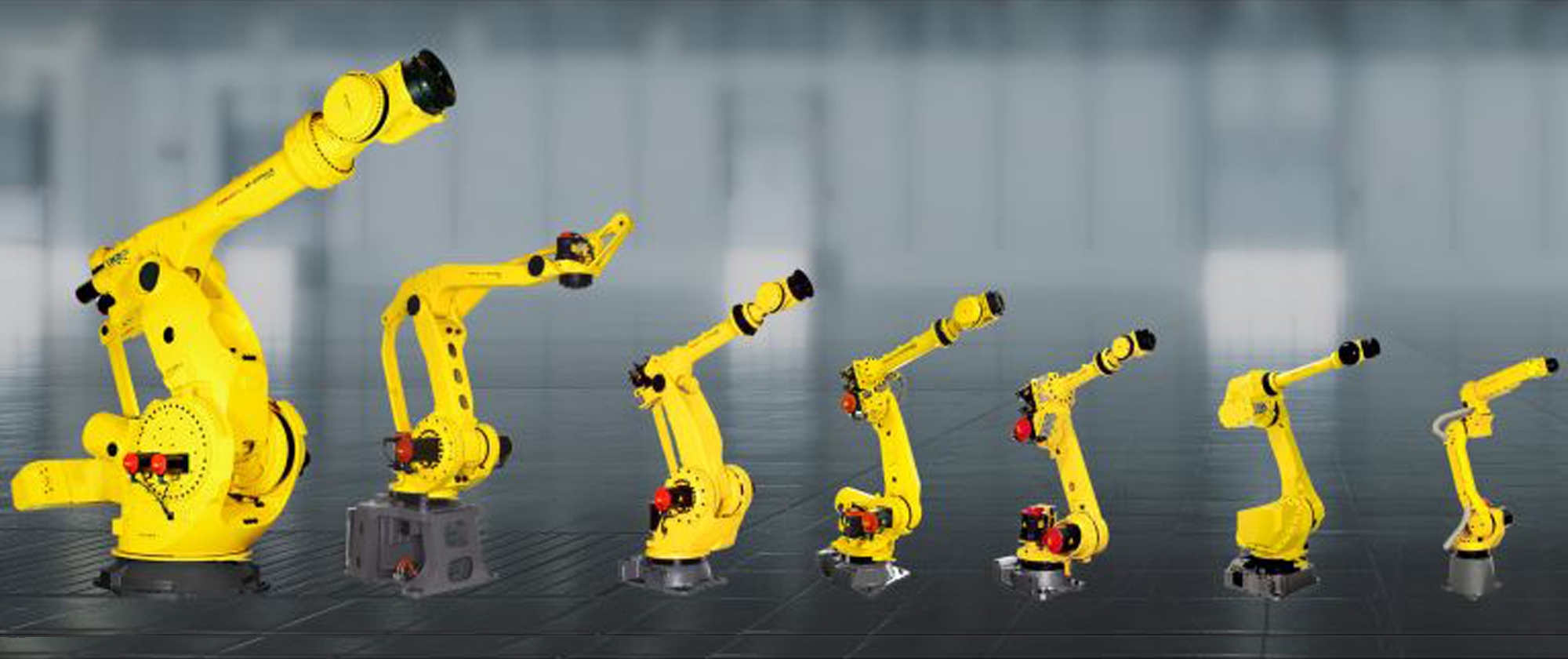Refurbished Used Robots
At Mahajan Automation, we specialize in providing Used Refurbished Robots from top-tier brands like ABB, Fanuc, Kuka, Panasonic, Kawasaki, Universal Robots, and many more. Also our Used Robots come with a warranty, ensuring you get reliable, high-performance automation solutions at a fraction of the
cost of new systems.
We also offer a range of services, including:
• Industrial Robots
• Used Robot
• Used robot Spare Parts
• Robots on Rent
• Refurbished Fanuc Robots
• Robot Integration
• Manufacturing Robot for sale

Mahajan Automation
Customer’s success is our success
- Established in 2011
- Pune HQ + 4 Locations
- 100% of the robots are from Fanuc, ABB, and Kuka.
Our Solution
Material & Warehouse Material Handling
MAterial & Warehouse Material Handling (WMH) play a crucial role in modern material handling systems.
Fluid Dispensing System (FDS)
Robotic applications in Fluid Dispensing Systems (FDS) involve the use of robotic technology.
Robots In Foundry For Fettling Application
Foundry Automation Systems (FAS) leverage robotic technologies to improve the efficiency.
Vision System
Robotic Vision Systems are integral to modern automation, enabling robots to perceive and interact.
AGV / AMR
Automated Guided Vehicles (AGVs) and Autonomous Mobile Robots (AMRs) are key components.
3D Manufacturing
Robotic applications in 3D manufacturing, also known as additive manufacturing.
Assembly Line
Robotic applications in assembly lines have revolutionized manufacturing by increasing efficiency.
Our Services
Used
Robots
Mahajan Automation focuses on the supply of used robots from ABB, Fanuc and Kuka among others. The robots are sourced from all over the world.
Robot
Integration
To make Mahajan Automation a one-stop shop for your robot needs, we also supply new and used spares for all the Kuka, ABB Fanuc robots.
Robot Spares & AMC
providing high-quality robot spares. Our products ensure optimal performance and longevity for your robotic systems.
Reprogramming & Reintegration
Mahajan Automation’s robot programming reintegration process includes Assessment, Migration, Optimization, Testing, and Documentation.
Our Clients






